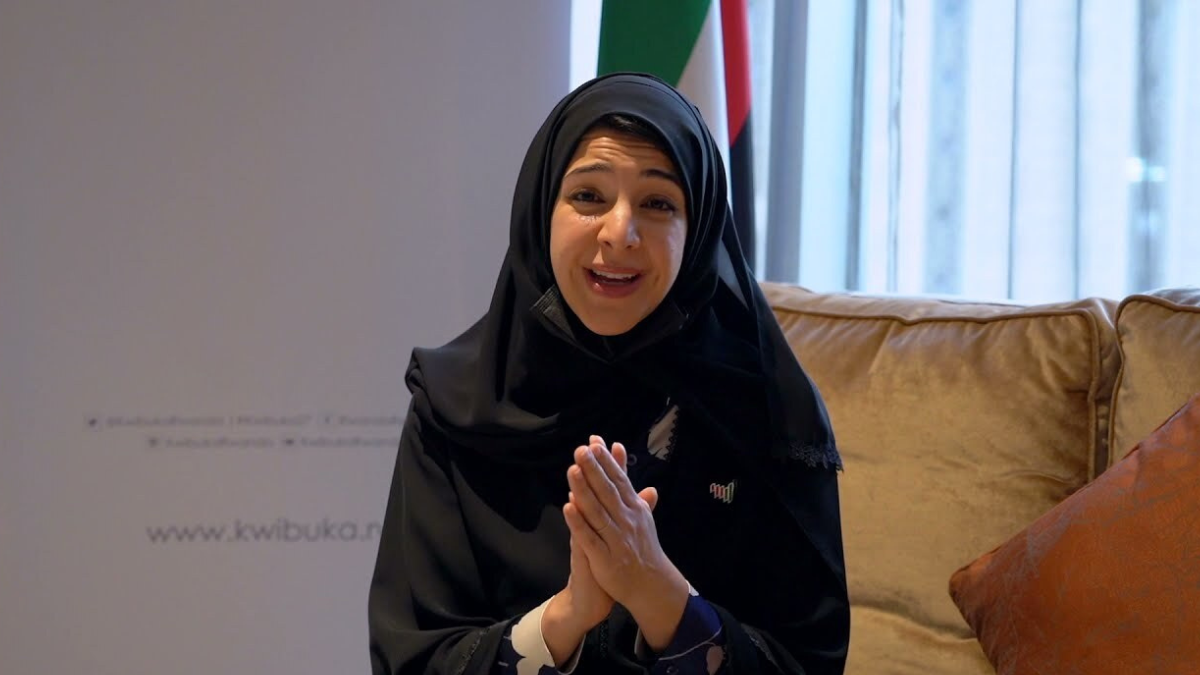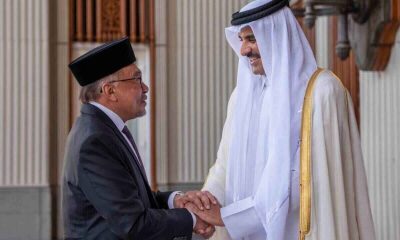Despite all the sectors to focus on, there’s only one thing on top of Qatar’s list of commitments: education.
Qatar has reaffirmed its commitment to prioritize education, even in times of war, emphasizing the need to safeguard schools, universities, and educational facilities from attacks.
This commitment was highlighted in a speech delivered by HE the Minister of State for International Co-operation at the Ministry of Foreign Affairs, Lolwah bint Rashid AlKhater, during a virtual event in Geneva celebrating the fourth International Day to Protect Education from Attack.
Why Education?
HE AlKhater expressed Qatar’s deep appreciation for the individuals and organizations tirelessly working to ensure educational opportunities, especially for children affected by conflicts or crises. She acknowledged that despite these efforts, attacks on education and the military use of schools have continued in various parts of the world, depriving millions of children of their right to education.
Estimates reveal that half of out-of-school children reside in conflict-affected countries. HE AlKhater stressed that conflict should never serve as an excuse to deny anyone their right to education. Disrupting education not only jeopardizes children’s lives in the short term but also has long-lasting implications for their future and the stability of their communities.
Qatar’s unwavering commitment to supporting education has consistently placed quality education at the forefront of its strategic vision. HE AlKhater highlighted the invaluable support provided by Her Highness Sheikha Moza bint Nasser, an advocate for the UN’s Sustainable Development Goals and Chairperson of Qatar Foundation for Education, Science, and Community Development (QF).
Qatar Prioritizes Out-of-School Youth
She commended Her Highness’s initiative, “Education Above All,” which focuses on protecting education and providing quality education to out-of-school children. Her Highness also played a pivotal role in establishing the International Day to Protect Education from Attack, celebrated on September 9th.
The State of Qatar has embraced education as a strategic tool for regional and international cooperation, with the Education Above All Foundation (EAA) implementing projects through the “Educate a Child” program in collaboration with 82 global partners across 50 countries. This initiative has positively impacted over 10 million marginalized and out-of-school children, granting them access to quality primary education.
HE Al Khater emphasized that EAA and other Qatari development and charitable organizations, including the Qatar Fund for Development and Qatar Charity, have constructed and renovated schools in Palestine and supported Palestinian refugee students in completing their university education.
Qatar’s backing of the UN Relief and Works Agency for Palestine Refugees (UNRWA) has accelerated programs aimed at providing educational opportunities for Palestinian refugees.
This commitment aims to support over 1.5 million Ukrainian refugees, helping them access continuous and comprehensive education. These programs integrate psychosocial education with practical skills and essential subjects to assist students impacted by conflict and displacement trauma.
Other Promises
Furthermore, HE AlKhater highlighted Qatar’s long standing commitment to advancing women’s basic rights, particularly their right to education, in Afghanistan. Qatar, in partnership with Indonesia, will host the 2nd International Conference on Afghan Women’s Education on November 28-29, aimed at mobilizing international support for education in Afghanistan.
In conclusion, during the Doha Forum last year, the Qatar Fund for Development, in collaboration with EAA, signed seven agreements to support the education sectors of several least-developed countries across Africa, Asia, and Latin America. These agreements prioritize providing quality education opportunities to out-of-school children through EAA’s “Educate a Child” program.
Also Read: Why is there a Hunger Strike in Bahrain’s Prison?
Qatar’s dedication to protecting education in times of conflict reaffirms its commitment to the global effort to ensure that education remains a fundamental right for all, regardless of the challenges posed by armed conflicts and crises.






















